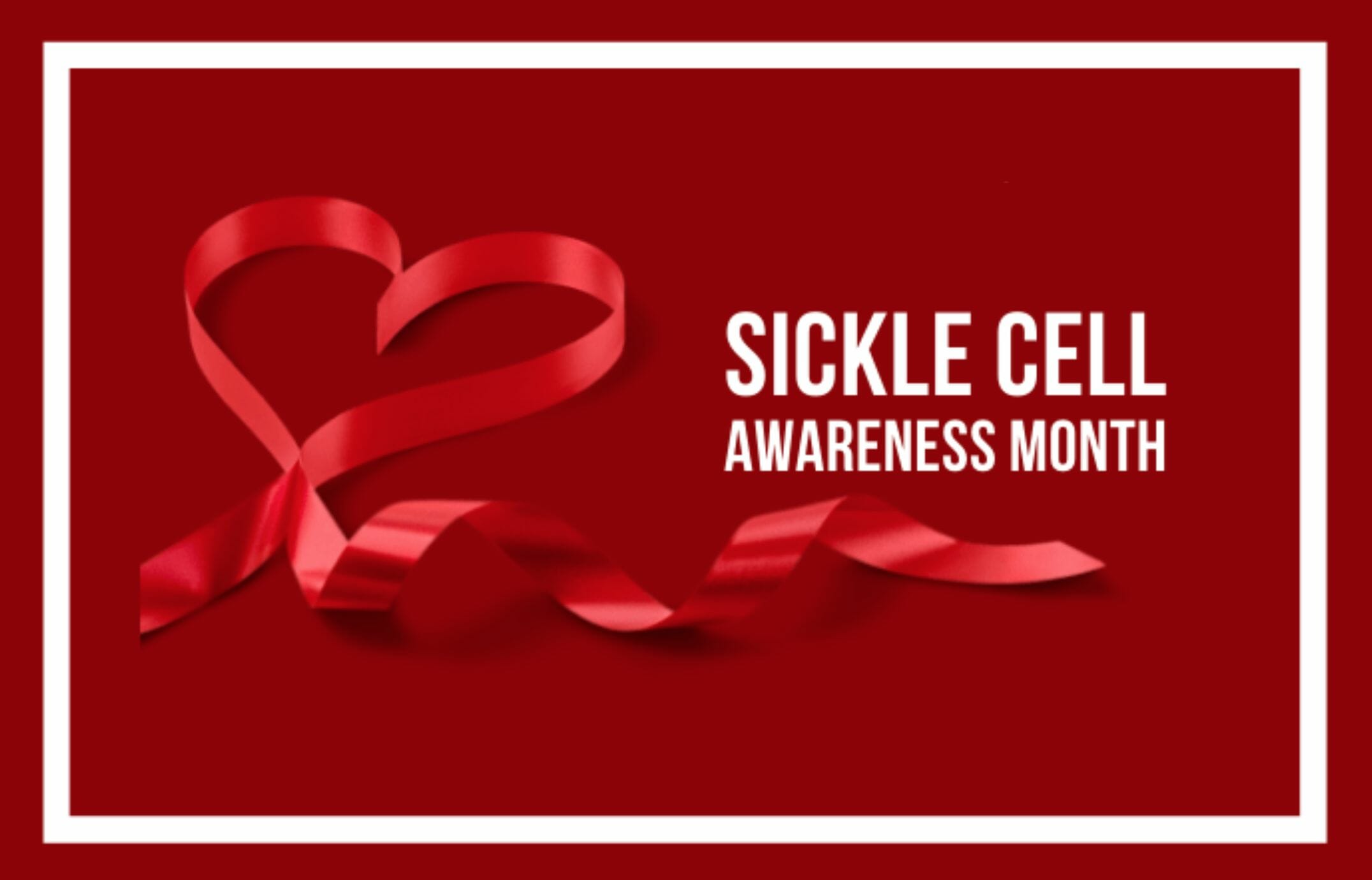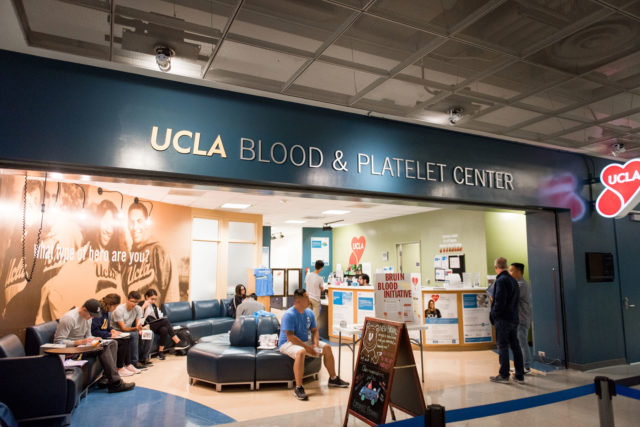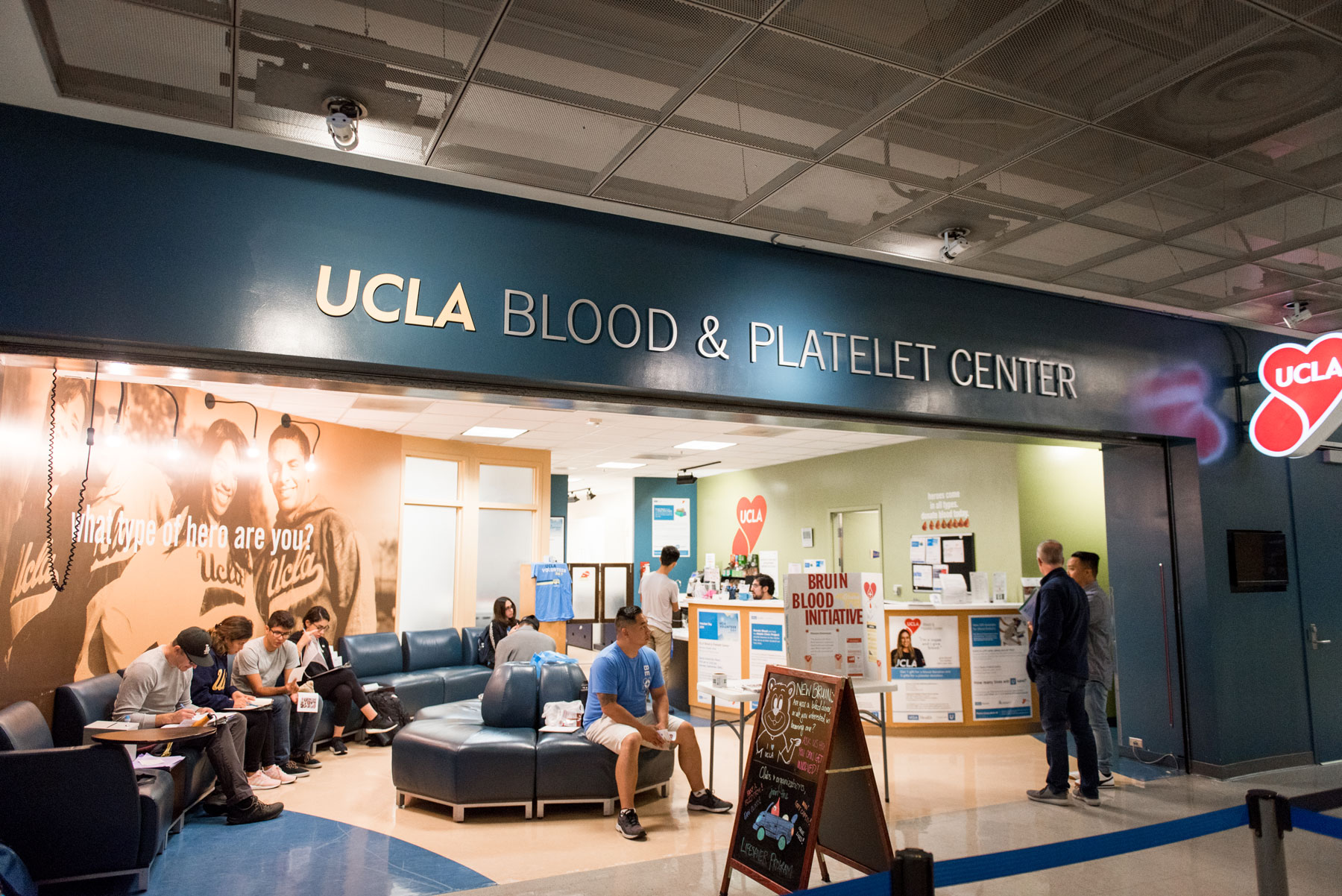Limited Blood Donations Thwart Success of Students with Sickle Cell Disease

By Camille Ray
Oct. 19, 2022 1:32 p.m.
Approximately 100,000 Americans are affected by Sickle Cell Disease, the most common form of an inherited blood disorder. As September came to a close, and with that, Sickle Cell Awareness Month, it’s crucial to understand how this disease affects the UCLA community and what you can do to help.
Sickle cell disease is a genetic condition that affects the body’s red blood cells, arising when a child obtains two sickle cell genes—one from each parent. Living with this disease means the red blood cells become rigid and sticky, resembling a C-shaped farm tool called a “sickle.” When sickled red blood cells travel through the body, they can stick to the vein walls and hinder efficient blood flow. In these instances, patients can experience pain or other serious complications such as infection, acute chest syndrome, and potential stroke. The discomfort sustained by people living with sickle cell disease varies greatly, and may last a couple of hours to a few weeks.
Having been diagnosed with sickle cell disease from birth, UCLA sophomore Kahlila Williams is not unaccustomed to dealing with the adverse effects of the disease. Between last-minute class cancellations for doctor’s appointments and untreatable sickle cell emergency crises, Kahlila has been dealing with the ramifications all her life. Upon arriving at UCLA, Kahlila explained her difficult adjustment to life away from home due to increased stress levels that triggered numerous crisis episodes. While the pain and symptoms from incidents vary, some signs to look out for include dizziness, extreme tiredness, and pain while breathing, to name a few. Kahlila emphasized the importance of peers recognizing these crisis indicators to help those struggling with sickle cell pain.
Furthermore, due to the inconsistent nature of sickle cell symptoms and recovery time, flexibility with teachers is often a concern for Kahlila each quarter. She explained how consistent trips to the hospital during her first quarter at school and lacking flexibility with rescheduling meant doing poorly in a course necessary for graduation. However, Kahlila hopes classes may become more open to medical accommodations when unexpected crises occur if disease education persists.
While researchers are working hard to cure sickle cell disease, limited treatments are available to those affected, and options may differ between patients due to various symptoms and blood compatibility issues. For some, survival requires up to 100 units of blood each year, and with most donors being limited to donating one unit every eight weeks, having an ample blood supply for patients is tricky and costly. With this in mind, the UCLA Blood and Platelet Center collects blood transfusions from volunteers to have a vast and diverse blood supply to help sickle cell patients acquire the care they need to survive.
For those looking to donate to the Blood and Platelet Center, there are two locations on campus: the Westwood Village Donor Center and the Ackerman Student Union Donor Center. Expect a processing time of 30 minutes for a questionnaire that ensures donation safety and whole blood and specimen extraction to test for infectious diseases and blood type. While these prerequisites appear tedious, they protect receiving sickle cell patients.

Suppose you want to further your involvement beyond donating. In that case, the student-run Bruin Blood Initiative is an organization dedicated to educating and promoting donations on campus through blood drives and hosting educational events throughout the year. Partnering with the UCLA Blood and Platelet Center before being admitted as a student the first year, Jane Bricklin dedicated countless hours to the service after recovering from Leukemia when she was younger. Having experienced difficulty with the blood transfusion process due to the incompatibility of her blood type, Jane expresses the importance of donations that help save the lives of people like herself and Kahlila.
“Think about your friends, family neighbors who could potentially have a blood disease like sickle cell or cancer and what they’re going through,” Jane said. “They would be more than willing to donate. Put yourself in their shoes and be grateful to those who donate. You’re saving lives.”
If you are interested in donating red blood cells to the UCLA Blood and Platelet Center, you may schedule your appointment online at https://www.uclahealth.org/gotblood/ or by calling (310) 825-0888 and selecting option 2.
If you are interested in participating in the Bruin Blood Initiative, fill out this application form https://forms.gle/dPwaDmesvRtbeku66



